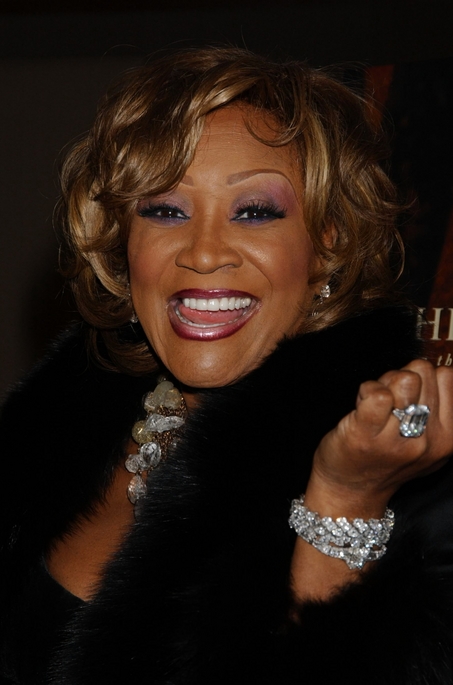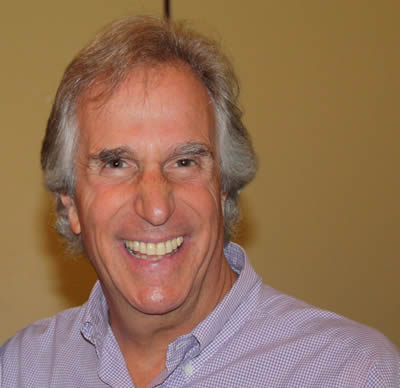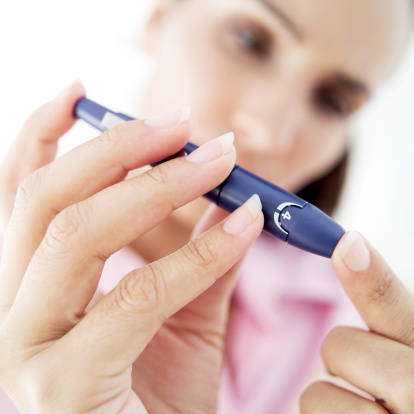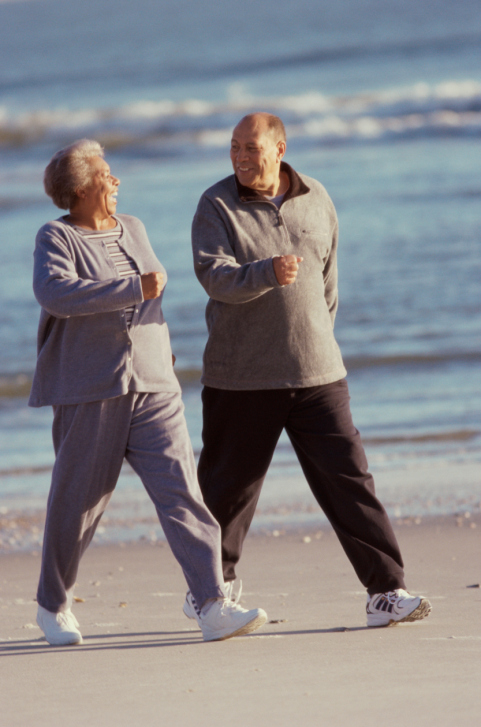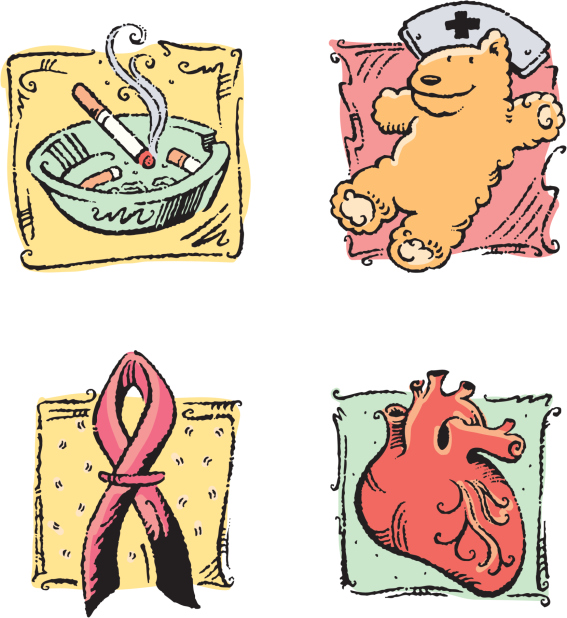Della Reese: Staying Strong with Diabetes
Reviewed by Robert Ehrman, MD
Editor’s Note: This article came out in one of the previous issues of our magazines and the information has not been updated.
Like most people diagnosed with type 2 diabetes, Della Reese was caught off-guard. It was at a taping of her critically acclaimed television series ,”Touched by an Angel,” that Della first had any idea that something was wrong. After collapsing on the set with a terrible headache, the music and TV star was rushed to the hospital, where she learned that she shared a disease with 18.2 million other Americans.
A long and storied career
Della began singing in church in her hometown of Detroit when she was six years old. Her vocal ability quickly attracted the attention of gospel great Mahalia Jackson, who hired Della as a back-up singer. This early introduction to the world of gospel entertainment set the stage for Della’s own music legacy that has now spanned five decades and includes multiple Grammy Award nominations. In addition to her acting and singing achievements, Della is an ordained minister with an active congregation in Los Angeles, where she works to inspire young people to pursue their dreams.
African-American and Hispanic-American risk factors
It turns out that, in addition to having an impressive resume, Della is part of a segment of the population most at risk for diabetes. While family history, obesity and inactivity all can play a role in the onset of diabetes, certain ethnic groups are at increased risk for the disease. More than 5 million African-Americans and Hispanic-Americans in the United States today live with diabetes. These groups are almost twice as likely to develop type 2 diabetes than the rest of the population.
At the same time, African-Americans and Hispanic-Americans are at especially high-risk for developing insulin resistance—a condition where the body fails to respond properly to [glossary slug=’insulin’/], a hormone that is produced in the pancreas.
In addition, African and Hispanic-Americans experience higher rates of many diabetes-related complications, including heart disease, blindness, kidney failure and even amputation. Death rates are higher for African-Americans with diabetes than for other ethnic groups.
TAKING CONTROL
“When I found out I had diabetes, I was upset because I knew nothing about the condition and had nothing to fight it with. So I sought out as much information and support as I could,” the entertainer explained. “I talked to my doctor about an aggressive diabetes management plan that includes eating right and staying active. In my case, medication was necessary, as well.”
For Della, dealing with the disease and managing it has meant not only taking in as much information about it as possible, but also tackling on diabetes head-on with an aggressive diet, exercise, and medication plan. “With diet, exercise and medication, I took control of my diabetes,” she explained. “I lost 20 pounds and lowered my blood sugar from between 275 and 300 to between 67 and 110.”She was so thrilled with her results that Della has agreed to team up with the maker of Avandia to launch a nationwide campaign designed to help those with type 2 diabetes actively manage the disease and prevent potential complications. Through the campaign, “Della Reese: Stronger than Diabetes,” the star offers practical advice on living with the disease day-to-day. The foundation of the campaign is a three-pronged approach to diabetes management:
1. Take control and get informed. Find out as much as possible about the disease through research and talking with others.
2. Create a plan. Take what you have learned—and will continue to learn—and formulate the best plan for you. Your plan may include:
a. A proper diet
b. Physical activity
c. Monitoring of numbers (glucose, blood pressure, and [glossary slug=’cholesterol’/])
3. Stick with it.
LIVING WITH DIABETES
Today, Della is enjoying the fruits of her labor. With some simple modifications to her daily routine, including closely monitoring [glossary slug=’blood glucose level’/], staying active, taking medicine and talking with her healthcare team about strategies for managing the disease, Della is in firm control of her diabetes.
“When I toured as a singer, I doubt if I ever ate correctly,” she relayed. “I traveled all over the world, but when the job was over, room service was a marvelous haven. I wasn’t always hungry when I ate, but it was something to do. If I was angry, if I was happy, if I was bored, I would eat. I came to realize I was using food as a crutch. Now that I understand the role proper nutrition plays in diabetes management, I’ve made some simple adjustments.”
At the same time, Della focuses on staying active. For her, a stationary bicycle with movable handlebars does the trick. And, she is an enthusiastic consumer of information, reading everything possible to help her learn more about the disease and how best to manage it. For Della, that’s the key: “When you have information, you don’t feel like a victim.”
Walgreens Diabetes & You, which is published quarterly, is a magazine that Della calls, “A great information resource for people with diabetes, with many practical tips for staying healthy on a day-to-day basis.”
Della also has created her own diabetes management team—a step she feels is too important to overlook. “Get a little help from your friends, family, and diabetes organizations. When you need encouragement, inspiration, or simply a pat on the back, go ahead and ask. They’ll be happy to help.” Della has also published an inspirational booklet. For more information, visit www.delladiabetes.com or call (866) 463-6342. So, take a page from Della’s book. Learn as much as you can about diabetes. Develop a plan to manage it—and then stick with it. Put together a healthcare team, including your Costco pharmacist, and make the commitment to take control!


